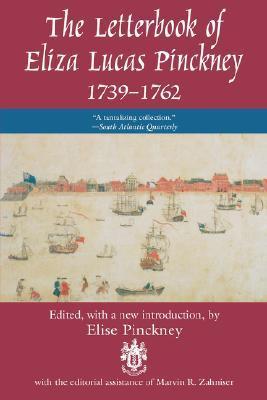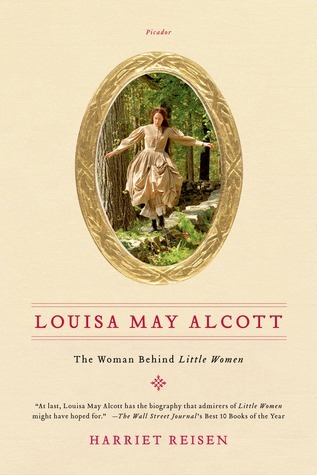
The Letterbook of Eliza Lucas Pinckney, 1739-1762
Book Description
A young woman navigates the turbulent world of colonial America, her ink-stained fingers capturing the essence of a life filled with ambition, conflict, and resilience. Eliza Lucas Pinckney's letters pulse with the fervor of an untamed spirit, revealing her struggles in a society defined by rigid norms and the weight of expectations. From cultivating indigo to forging lasting friendships and grappling with love and loss, each page unveils a fierce determination to carve her own path. As her words breathe life into the past, what sacrifices will she make to leave her mark in history?
Quick Book Summary
"The Letterbook of Eliza Lucas Pinckney, 1739-1762" offers an intimate window into the life of one of colonial America’s most remarkable women. Through her vivid letters, Eliza Lucas Pinckney documents her emergence as an influential plantation manager, entrepreneur, and social figure in South Carolina. Despite the etiquette and restrictions imposed upon women of her time, Eliza demonstrates extraordinary resilience and vision, championing the cultivation of indigo—a crop that transformed the region’s fortunes. Her correspondence reveals not only her innovative spirit and business acumen, but also her complex relationships, deep sense of duty, personal losses, and observations of the colonial world. Eliza’s insights bring to life the challenges, triumphs, and contradictions of early American society, as she navigates societal expectations and leaves an enduring legacy.
Summary of Key Ideas
Table of Contents
Resilience and Ambition in a Restrictive Society
Eliza Lucas Pinckney’s letters capture her early youth on South Carolina plantations, where she was left in charge of her father’s estates at just sixteen. Surrounded by uncertainties—illness, unpredictable harvests, and volatile politics—Eliza relied on her keen intellect and determination. Her ability to not only adapt but thrive challenged contemporary views of female capability. As she assumed responsibility over familial affairs, Eliza’s resilience became a defining trait, matched by her ambition to secure prosperity for her family and herself.
Innovation in Agriculture and Economic Independence
Among her most significant achievements was the successful introduction of indigo cultivation to South Carolina. Eliza’s experiments with the crop, record-keeping, and eventual mastery of the indigo dye process reflected both scientific curiosity and business acumen. Through persistent trial and error—often with few resources and support—she helped transform indigo into a vital export, reshaping the colony’s economy. Her correspondence details the technical and logistical obstacles she overcame, marking her as a visionary in agricultural innovation and economic independence.
Family, Friendships, and Social Networks
Eliza’s letters reveal the importance of relationships in colonial society. Family bonds were central; her correspondence is marked by affection, respect, and duty toward her parents and siblings. Eliza’s friendships—with intellectual peers, socialites, and confidants—provided solace and support in turbulent times. Yet, she also faced heartbreak and loss, notably in her dealings with suitors and the deaths of loved ones. Her emotional openness and loyalty underpin much of her personal journey, highlighting the complexities of forging meaningful connections.
Navigating Gender Norms and Expectations
As a woman in the eighteenth century, Eliza contended with rigid gender roles that restricted her ambitions. Her letters disclose continual negotiation of societal expectations, as she defended her leadership over the plantations and her interest in education and commerce. Through wit, tact, and unyielding purpose, Eliza defied conventional limitations, setting precedents for future generations of women. She skillfully leveraged her position to advocate for self-improvement, intellectual curiosity, and female autonomy.
Letters as Historical Witness
The Letterbook is more than a private diary—it is a document of historical witness. Eliza’s minutes and observations on politics, colonial unrest, and the everyday lives of those around her offer a textured narrative of the American colonial experience. The vibrancy of her prose provides invaluable insight into the period’s values, struggles, and transformations. Through her words, Eliza Lucas Pinckney cements her place as an agent of change, illuminating the intersections of personal fortitude and broader historical currents.
Download This Summary
Get a free PDF of this summary instantly — no email required.





